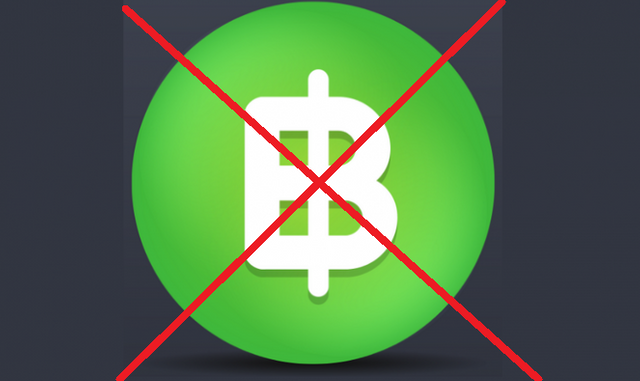BitLendingClub Shuts Down Under Regulatory Pressure
Is this a sign of what the powers-that-be have in store for the fledgling cryptocurrency industry? Is the recent U.S. Federal Court approval of IRS collection of the Coinbase user database just another hint of things to come?
BitLendingClub originated in Bulgaria 2 years ago, giving small businesses access to affordable loans from lenders all aroundc the world. The platform did not give many details about the regulatory pressure forcing them to dissolve, but users have 30 days to settle their accounts and operations will definitely cease in August of 2016. Here is a quote from their message to their customers:
Dear Customers,
We’ve worked extremely hard to build a platform and a community which is uniquely positioned to provide the Bitcoin ecosystem with a greatly needed service. However, over the last year or so, the regulatory pressures has been increasing to the point that it is no longer feasible to maintain the operation of the platform. We are regretfully announcing that we will have to begin terminating the services effective immediately. Of course, we will maintain some minimal functionality in order to allow our existing users to repay their loans and withdraw their funds.
In the recent years, cryptocurrencies have been operating relatively unhampered, but not under the radar of bankers and the authorities. What possibilities do Steemers see occurring in the future as the Steemit economy begins entering the mainstream world? Are there any weaknesses? Flaws? Any forseeable sources of legal problems?
Please respond with comments. It is best to plan for potential pitfalls before they happen rather than afterward.

Two of the big legal/regulatory risks I see being a potentially big issue for Steem.it:
SEC or state-level securities regulators trying to regulate the issuance of tokens. When I've explained tokens to people, a not-uncommon response is "Oh, so it's kind of like options in a startup?" If the SEC sees token sales that way, there could be a problem, since token issuances might be characterized as securities issuances (which comes with heavy regulatory requirements). Great analysis of this by Marco Santori on Coindesk. Steem seems better positioned than other apps, given the broad functionality of its tokens, but you never know...
Copyright. I'm definitely no expert on this, but industry incumbents have a history of going after new technology platforms that facilitate widespread copyright violations by users (think VCRs and TeVo, music sharing, Google Images and Books). Some protections for third-parties have evolved, and you could argue that Steem.it poses no different copyright risks than Google, Facebook, Reddit, etc. currently do. But the significant and visible monetary rewards that Steem.it offers, as well as the immutable nature of the blockchain (e.g., do takedown notices become ineffective?), this does feel a bit different.
One thing seems clear. Cryptocurrency lawyers will have a busy next few years :)
Thanks for your cogent comment and Marco Santori's article that takes us even deeper into the heart of the matter.
You definitely earned an upvote, follow and a hat tip!

Indeed, cryptocurrency law would seem to be the next hot job market.
Thank you kindly.
Found another article here on Steemit touching on the copyright takedown issue. https://steemit.com/copyright/@sigmajin/a-word-on-steemit-and-dcma-takedowns-some-food-for-thought.
This has definitely peaked my interest - might have to do a more detailed post later on the copyright issues at play...
I for one would be interested in posts about copyright issues, especially about posts on Steemit. As a musician who plays covers (other musicians compositions), copyright is problematic because of the expense and legal hastle involved just to play a song. With the music business in a complete state of disarray and confusion, the arrival of the blockchain may provide solutions by eliminating the myriad middlemen who profit from collecting $ for the musicians and taking a cut. A blockchain with smart contracts could provide direct remuneration to the artist.
Steemit has enough worries as it is, but it would be great if I could play a cover and have a correct percentage of Steemit rewards go to paying the copyright owners. Steemit would be in competeition with Spotify, iTunes and other organizations, but a blockchain solution might simplify things, hopefully;))
I took a look at sigmajin's article, and yes, you should do that detailed post;)